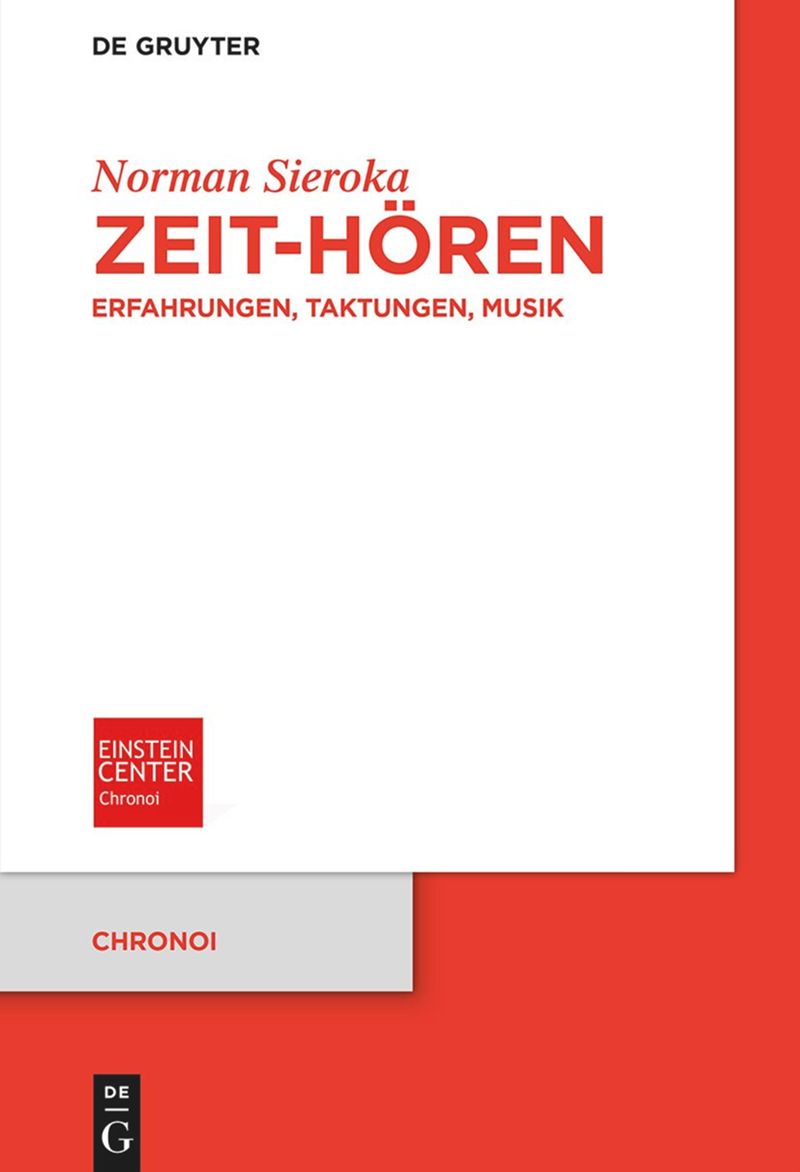
This volume shows why it is misleading to view time as an object, exploring the insights that can be gained from analogies between sequences and by comparing event timings. Incorporating extensive references to music and, more broadly, to the act of listening provides illuminating glimpses into these fundamental structural properties of reality.
- Transdisciplinary analysis of the significance of temporal patterns and the timing of actions
- Music as an exemplary context for learning important things about time
- Plea for a revaluation of listening in philosophy and everyday life
Volume 12 in the series Chronoi
print
ISBN: 9783111399997
ebook
ISBN: 9783111403632